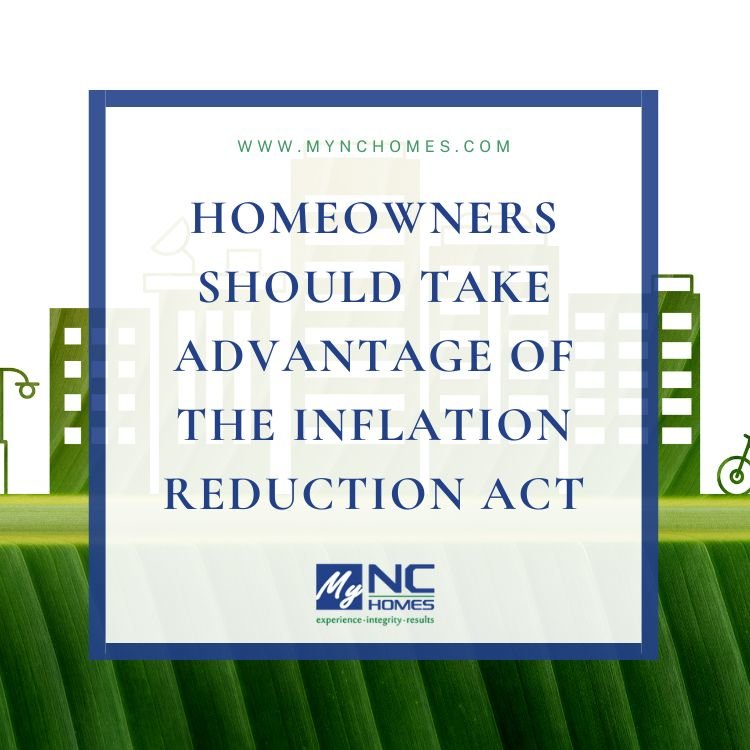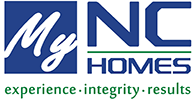
Wondering what the Inflation Reduction Act is and how it can benefit, you as a homeowner? This might be one of the least aptly named opportunities to save money while increasing the energy efficiency of your home. Enacted last year, this key piece of legislation looks to combat climate change by promoting eco-friendly practices and encouraging clean energy initiatives. The trick is it was initially enacted as an incentive to businesses but has benefits for individuals who adopt green practices. I want to point out that these incentives and credits will be available for at least a few years if not longer; so there is no reason to worry about getting them all done within the next year. Homeowners can plan on updating/upgrading over a 3-5 year schedule if that's what works best for them.
What Qualifies as Energy-Efficient Home Improvements
Under the Act, you can potentially reduce your tax bill by making certain energy-efficient home improvements. Upgrades include installing new energy-efficient windows, doors, water heaters, furnaces, and air conditioners. It also improves existing tax credits for "green" upgrades.
New Savings for Going Green clean tax credit and more incentives for installing electric vehicle charging equipment at home in addition to increased incentives for low- and moderate-income families to be eligible for rebates on the purchase of energy-efficient appliances.
Energy Efficient Home Improvement Credit
A key differentiator in the act is that it replaces the Nonbusiness Energy Property Credit. Under prior legislation there was a $500 lifetime credit, the revamped credit now allows a 30% credit for all eligible home improvements made during the year, with an annual limit increased to $1,200. The credit covers a wider range of improvements, including biomass stoves and boilers, electric panels, and home energy audits.
More Clean Energy Credits for Property Owners
The Residential Clean Energy Credit provides further financial benefits and is also a remodel so to speak as the former Residential Energy Efficient Property Credit. This credit is extended through 2034, offers an increased credit amount, reaching 30%, and the scope of the credit is broader, excluding biomass furnaces and water heaters but including battery storage technology from 2023. It also revitalizes the Alternative Fuel Refueling Property Credit, extending it through 2032, where homeowners benefit from a 30% credit on the costs of "qualified alternative fuel vehicle refueling property" installed at home, up to $1,000.
My NC Homes has seen many buyers placing premiums on energy efficiency, especially first-time home buyers. Even those looking to downsize are placing a higher premium on the carbon footprint a home has. If you are considering buying and would like to explore opportunities and savings related to tax incentives and credits available, relating to homes, contact My NC Homes today. Both new home opportunities are built for sustainable living and 55+ communities with similar energy ratings. We are glad to assist.
Posted by Larry Tollen on
Leave A Comment